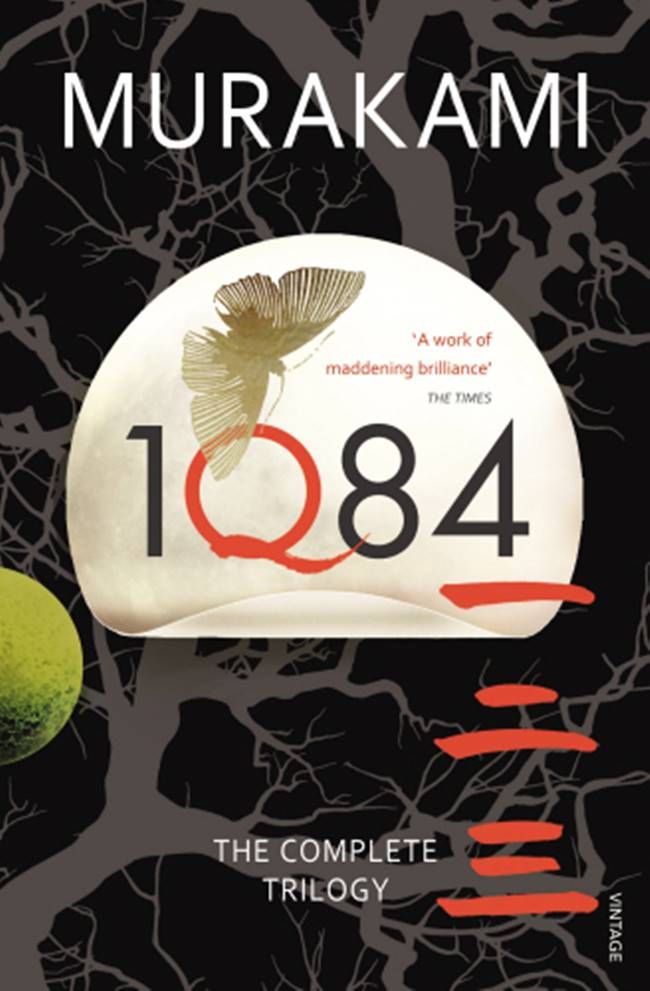Haruki Murakami
1Q84: Books 1, 2 and 3
Makin Hemat dengan Bebas Biaya Pengiriman Rp0.
Pilih toko Gramedia terdekat dan opsi pengiriman “Ambil di Toko” ketika checkout.
Format Buku
Deskripsi
The year is 1Q84. This is the real world, there is no doubt about that. But in this world, there are two moons in the sky. In this world, the fates of two people, Tengo and Aomame, are closely intertwined. They are each, in their own way, doing something very dangerous. And in this world, there seems no way to save them both. Something extraordinary is starting.
********
1Q84 consists of three volumes, each of similar length, which function as continuations of the same story. The novel features three narratives that ultimately converge: those of Aomame, a personal trainer; Tengo, an aspiring novelist; and, in the third volume, Ushikawa, a private detective. Chapters alternate between the protagonists’ perspectives. For the reader, the interlocking yet distant viewpoints cohere into a full narrative, but they also constrain the characters, eliciting a sense of incompleteness—each protagonist yearns to find one another. Tension and a creeping sensation of surveillance build as the novel progresses.
1Q84’s title references the novel Nineteen Eighty-four, a dystopian tale by George Orwell. Upon realizing that she has entered a universe parallel to her own, Aomame renames the year 1Q84, with Q representing a question mark. In Japanese the novel’s title is pronounced “1984,” as the characters Q and 9 are homonyms. Murakami’s nod to Orwell’s text extends beyond the title—themes of surveillance, memory, and corruption surface in both Nineteen Eighty-four and 1Q84. Fuka-Eri’s guardian compares Nineteen Eighty-four’s Big Brother, a dictatorial figure, to the mysterious Little People: “There’s no longer any place for a Big Brother in this real world of ours,” he remarks. “Instead, these so-called Little People have come on the scene.” Tengo later describes the setting of Nineteen Eighty-four to Fuka-Eri, explaining that “with history being rewritten so often, nobody knows what is true anymore.” His description unintentionally evokes the differences between parallel universes in 1Q84. Ushikawa also considers Tengo’s ghostwriting to be “thought crime,” another invocation of Orwell’s Nineteen Eighty-four. Disappearance also is common to both works; multiple characters in 1Q84 vanish and reappear under mysterious circumstances, often at the whims of the Little People, just as the corrupt regime of Nineteen Eighty-four abducts citizens.
(Britannica)
Baca Selengkapnya
Detail Buku

